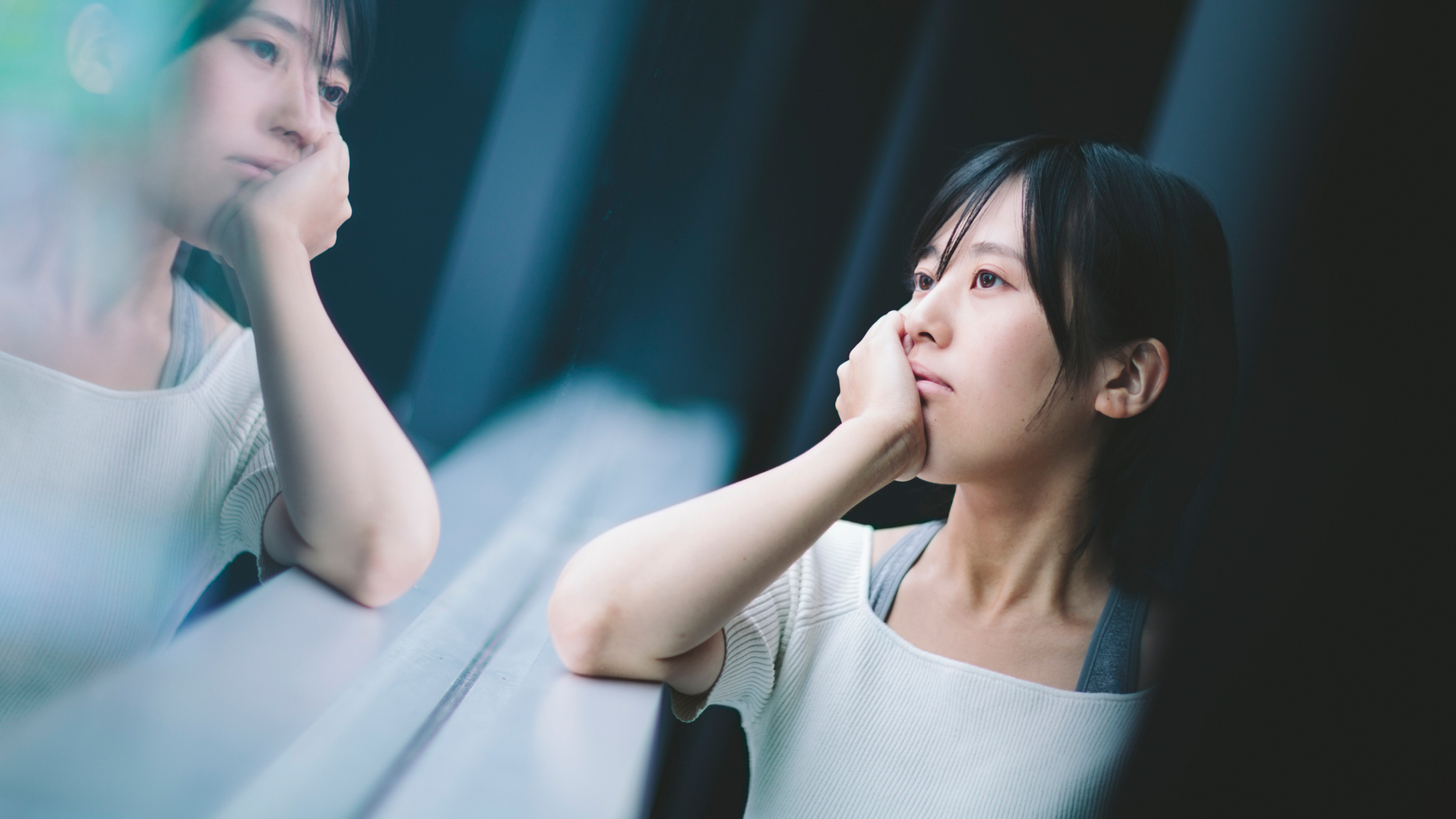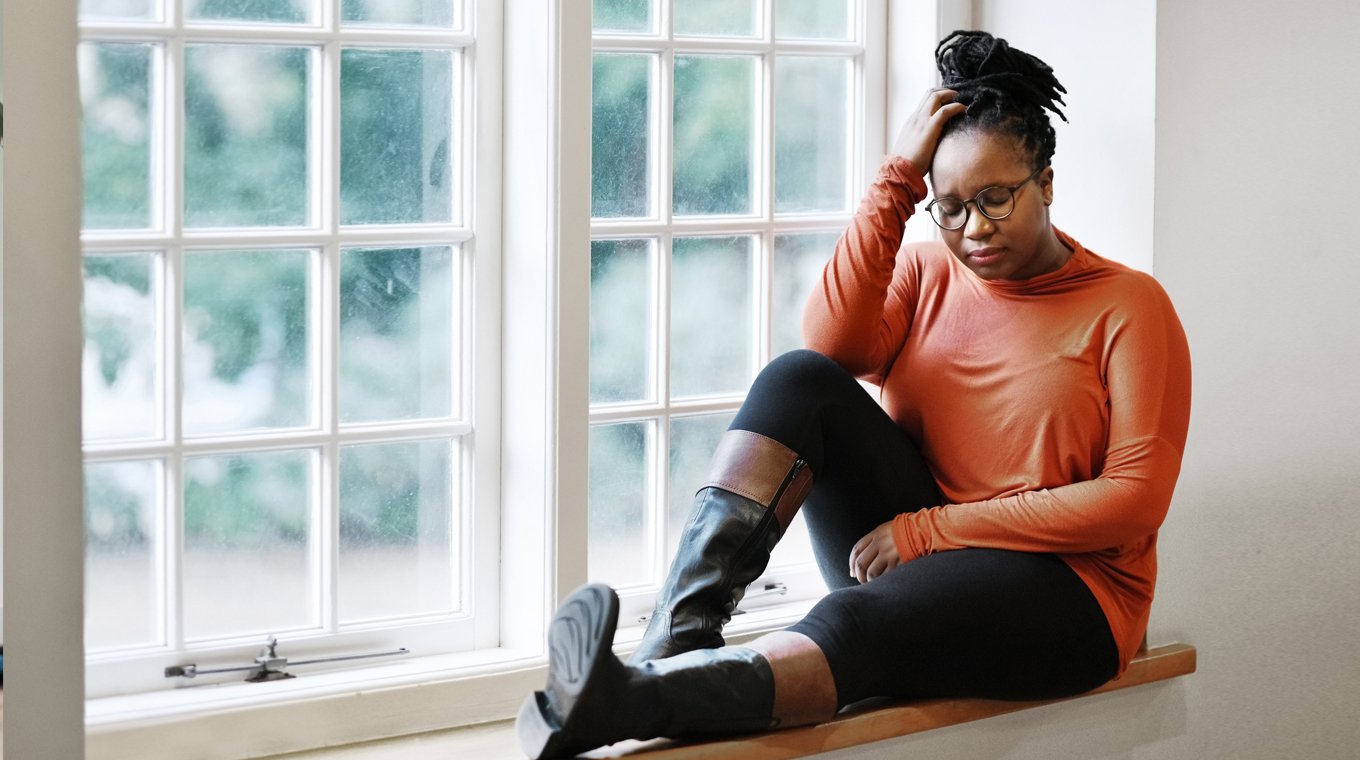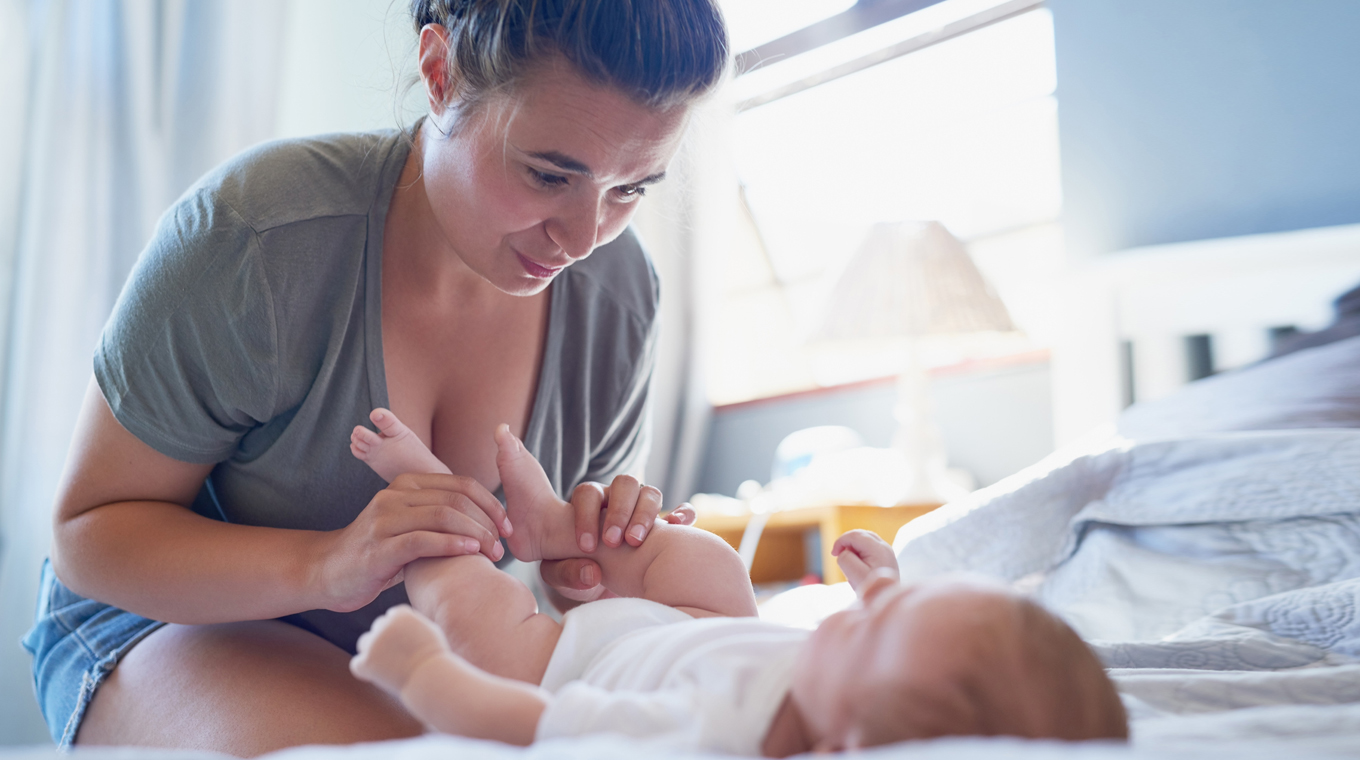
In this article
Another day, another worry about how you’re going to get through. In truth, we all live with a certain level of stress and anxiety in life. In fact, it’s actually healthy. But when the line is crossed between being nervous and having worries consume every waking moment and interrupt your day-to-day life–well, that’s not something you have to live with.
So what is anxiety? What kind of symptoms comes with it? How do you know if you have anxiety or depression, and what different kinds of anxiety are there? If any of these questions have crossed your mind, we’ve got you covered.
What are typical anxiety symptoms?

Anxiety symptoms manifest for everyone differently. For some, it’s excessive worry, usually about things that are out of your control. For others, it can come in the form of sleep disruption or some wild physical symptoms.
Excessive worry
We aren’t just talking about your run-of-the-mill worries. According to the Mayo Clinic, these worries “interfere with daily activities, are difficult to control, are out of proportion to the actual danger, and can last a long time”.
Sleep disruption
When we talk about sleep disruption, we aren’t just talking about a one-off night that you have trouble sleeping. This can feel like being unable to turn your mind off long enough to drift off, or having a hard time staying asleep.
Physical symptoms
As mentioned, physical anxiety symptoms can manifest differently for everyone. Some symptoms might feel similar to when you’re nervous about other things like a big presentation or meeting someone new. Sweaty palms, a rapid heartbeat, or shortness of breath are fairly general anxiety symptoms, but that doesn’t mean other physical symptoms won’t arise.
Some of the stranger sensations can manifest as tingling or burning in your skin. Others come in the form of the inability to take a deep breath. “I can’t catch my breath. Like I can’t breathe deep enough, and I have to yawn in order to breathe normally to get through it,” mom of 2 Amber T. told Mom.com.
What is the difference between anxiety and depression?

While anxiety and depression are associated with similar symptoms, they are not the same experience.
“One way to distinguish the difference between anxiety versus depression is the direction our thoughts are going. Looking backward, into the past, can be associated with depression, while we often see anxiety looking forward, into the future.” Amy Acaba, a psychotherapist with Let’s Talk Psychological Wellness, shared with Mom.com.
Additionally, keep in mind that anxiety and depression can play off of each other. “It’s important to note that long periods of anxiety can be followed by a depressive period,” Amy continued. “After our systems are heightened past our bandwidth and usual capacity for too long, there can be a crash on the other side, accompanied by low mood, fatigue, hopelessness, and helplessness.”
Different types of anxiety

No matter where you are on your journey in life, there different types of anxiety that manifest in different ways.
Generalized anxiety disorder (GAD)
This type of anxiety disorder is anxiety that stays with you long-term (six months or more). You might notice your focus is off, or that you find it hard to concentrate because you’re preoccupied with irrational, uncontrollable worry. It isn’t necessarily triggered by any specific event in your life, but it does disrupt your day-to-day functioning.
Prenatal, pregnancy, and postpartum anxiety
These three types of anxiety are triggered by all things pregnancy-related. Whether you’re having anxiety about your pregnancy and baby’s development or your worries about whether or not you’re cut out to do this whole parenting thing, anxiety can happen, and you aren’t alone in the experience. Likewise, postpartum anxiety can plague you well after you’ve had your bouncing bundle of joy. If you find yourself in a panicked worry about things having to do with your little one, let your doctor know.
Separation anxiety
This type of anxiety is most common among children and adolescents. While it’s normal for kids to be apprehensive about new experiences they have away from their parents (like a sleepover or outing with a friend). But when they begin experiencing extreme worriedness and distress over just thinking about being apart from you, it’s something worth mentioning to their pediatrician.




